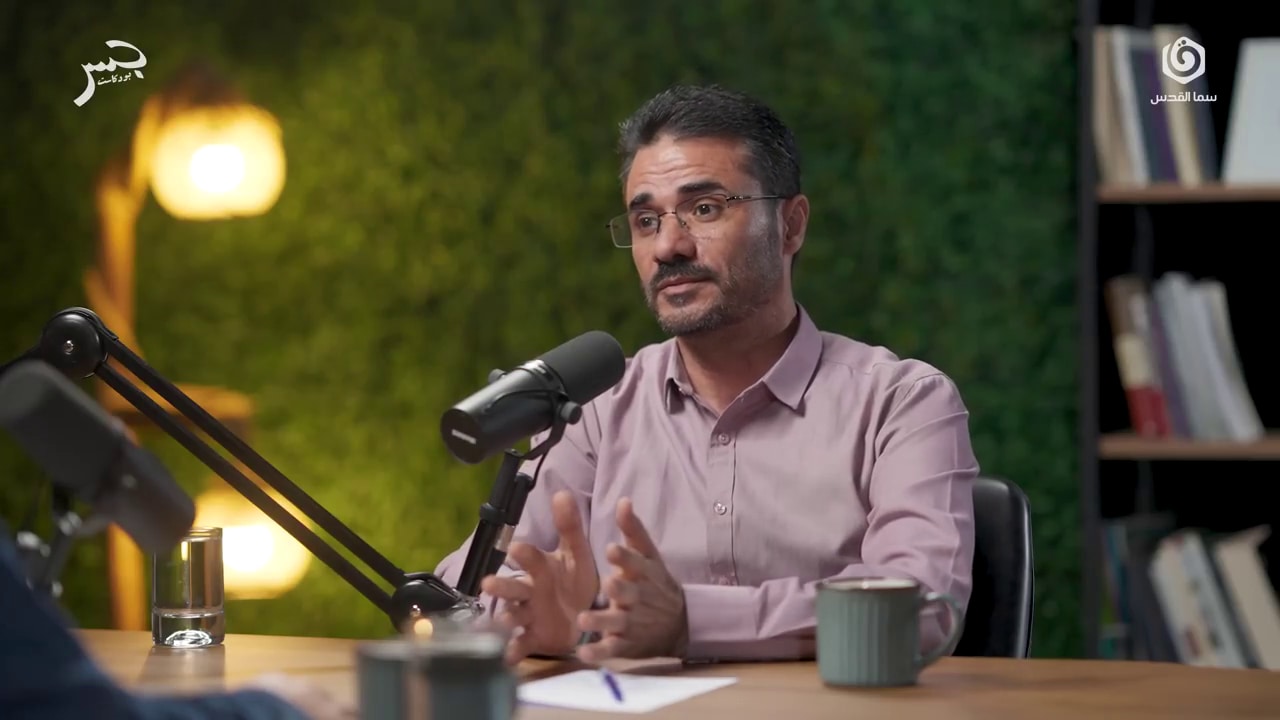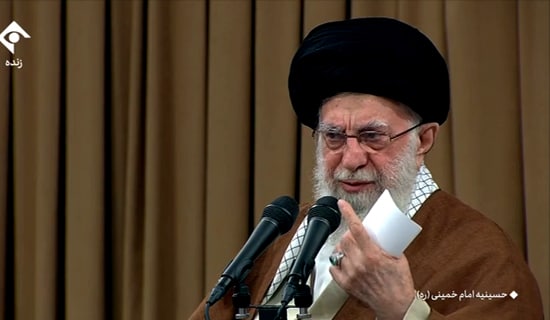
Following are excerpts from an interview with Yemeni cleric Sheik Abd Al-Majid Al-Zindani, which aired on Al-Jazeera TV on January 12, 2007.
Interviewer: You said that you relied on a hadith by the Prophet Muhammad, but you did not specify which one. In addition, some may claim that you only spent two years studying pharmacology, yet you talk about a cure for a disease on which pharmaceutical companies have been working for over a decade, and to which they allocate great resources, and hire large teams of the most prominent researchers.
[...]
Sheik Abd Al-Majid Al-Zindani: Regarding the Prophet's hadith - I must disclose which one, talk about it, and make it public, but the nature of things is that research in this field is the basis for industry, funds, economy, and companies. Today, the trade in medicine is one of the most important things that interest people, and there are international laws forbidding a country to profit from any drug that was registered in another country. Just so that we won’t be denied a drug we discovered ourselves... If we disclose it, one company or another might grab it from us.
[...]
Interviewer: Merely disclosing the Prophet's hadith might reveal these scientific secrets, in your opinion?
Sheik Abd Al-Majid Al-Zindani: Yes.
Interviewer: What about the other question?
Sheik Abd Al-Majid Al-Zindani: There are two ways to attain knowledge. The first is the tangible, scientific, experimental way, which is considered the basis of modern science. This is the human way to attain knowledge. But there is another source of knowledge – divine knowledge, the inspiration that comes from Allah to guide human beings.
[...]
A child from Libya, sick with the disease, came to us. He had 20,000 copies of the virus. After being treated, Allah be praised, this number dropped so much that the instrument in one of the medical centers, on which we rely and with which we work, was not sensitive enough to register the amount. They say that instruments vary in their sensitivity. In some instruments, if the viruses fall to a very low level - it becomes invisible for that instrument.
[...]
Interviewer: According to some reports, you do not object to American companies adopting your invention, on condition that they pressure the American administration to remove your name from the list of terrorism suspects. The only thing that interests many people in this matter is for this drug, if it is real and effective, to reach the sick at a low cost. People might view this as an attempt by you to achieve personal political gains.
Sheik Abd Al-Majid Al-Zindani: Allah be praised. If I had said that I would not cooperate with American companies, they would have said that I am a terrorist. If I say I will cooperate with any company in the world, American or not, they say it is a political matter. I'm damned if I do, damned if I don't.
Interviewer: All we care about is to benefit those who are sick in the fastest way.
Sheik Abd Al-Majid Al-Zindani: This is a humanitarian matter, and it is offered to all people. We welcome cooperation, according to proper principles.
[...]
The owners of the companies and the people working in pharmacology know the value and revenue of each drug. We too know the value of our drug, and the revenue from it. Therefore, we did not place any conditions on them, and we did not tell them what sum they should offer. Instead, we say to them: "Make your bids."
Interviewer: If you are approached by some charity, which could produce this drug at cost, and provide it to many patients in the Arab and Islamic world and in Africa, would you consider giving up the material profits you could make in the beginning?
Sheik Abd Al-Majid Al-Zindani: If we take this course, there will be no research centers, and the research centers you want will not develop.

















